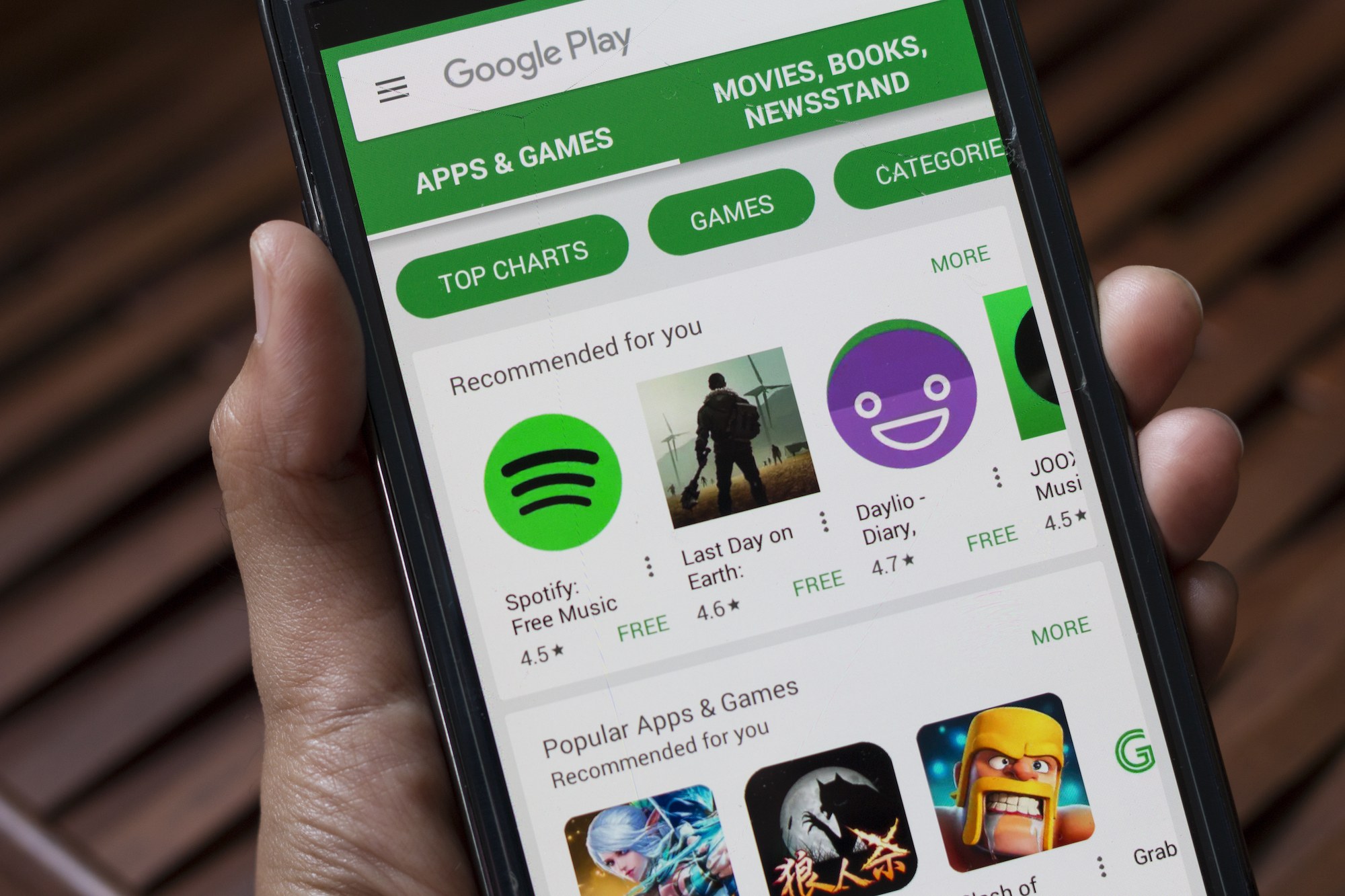Google is fixing one of the worst things about Android — here’s how
App install optimization promises three big benefits for Android users

The Google Play Store is getting a clever crowdsourcing upgrade that should improve app and phone performance for everyone, whether they contribute or not.
9to5Google uncovered an official Google support page for something called “app install optimization”, and while the feature isn’t live yet, the site notes that references to it are included in the latest release of the software, suggesting it’s not too far away.
- What are the best Android phones you can buy?
- The best free Android apps around
- Plus: Cash App fraud up over 300% — what you need to know
According to the document, app install optimization monitors users’ usage when software is installed for the first time, allowing the company to learn which parts of any given app are most useful to the average Android owner.
“This information is combined with data from other people who use the app to find trends and identify which parts of the app are most important to everyone,” the support document explains.
If you take something like YouTube as an example, the system might assess that most people use the app for consuming video content, and few use it for uploading video or live streaming. In that instance, the Google Play Store might prioritize downloading the video playback elements, and only provide the extras when actively required.
The benefit of this is, according to Google, three fold. Firstly, app installation times will speed up as you’re only getting the bits that most users actually need to get up and running. Secondly, it should reduce the amount of time it takes to open and run apps, because the lesser used features aren’t bogging things down. This, in turn, should “reduce strain on your device’s CPU, battery and storage.”
Google is keen to highlight that app install optimization doesn’t collect any personal information, and doesn’t look beyond the app it’s analyzing. All the same, it will be possible to opt out from being monitored via the settings menu of the Play Store, the support document says.
Sign up to get the BEST of Tom's Guide direct to your inbox.
Get instant access to breaking news, the hottest reviews, great deals and helpful tips.
Interestingly, opting out doesn’t stop you from enjoying the upside of wider community app surveillance. “If you turn off app install optimization, your apps can still benefit from data gathered from other people,” the support document explains. Though obviously if everybody takes that approach, then the crowdsourced data ceases to exist and the benefits vanish along with it.
Again, this feature isn’t live at the moment, so it’s not clear how much of an impact it will have on app performance. While those with brand new, top-of-the-range Android phones might not notice the difference, it could be a game changer for those frustrated by poor performance on budget devices.
- More: The best cheap phones right now
Freelance contributor Alan has been writing about tech for over a decade, covering phones, drones and everything in between. Previously Deputy Editor of tech site Alphr, his words are found all over the web and in the occasional magazine too. When not weighing up the pros and cons of the latest smartwatch, you'll probably find him tackling his ever-growing games backlog. Or, more likely, playing Spelunky for the millionth time.
-
Kelvar This is interesting, but no rip on your article, but I don't see how installation time was ever an issue, even on a low-end device. Almost every install is finished within 5 seconds and rarely as long as 10 seconds. Who doesn't have that kind of time or patience? I don't support "fixing" what isn't broken, it's just another complexity almost nobody asked for and a waste of development resources, in my opinion. How about making WiFi Direct a universal standard which works flawlessly among all devices? And maybe related or not, how about a capability of letting me view the photos on my phone, using my tablet, after an ad-hoc handshake? Like the phone is just a network folder just as fully navigable on a tablet as the tablet's own? How about full/deep access to the audio and camera hardware (api2, with permissions control of course, etc) on all devices? That's something I could get behind 👌Reply
Anyway, cheers 👍

